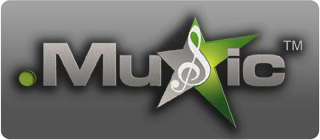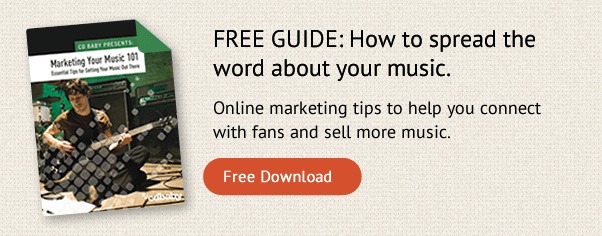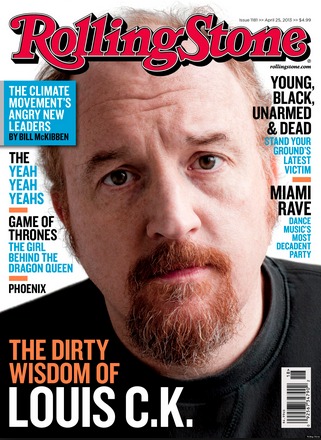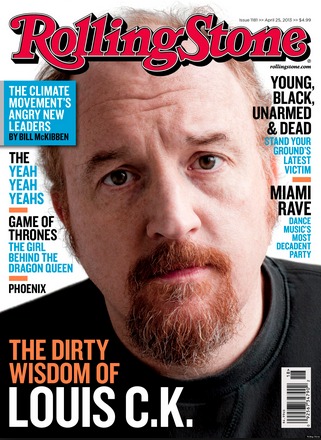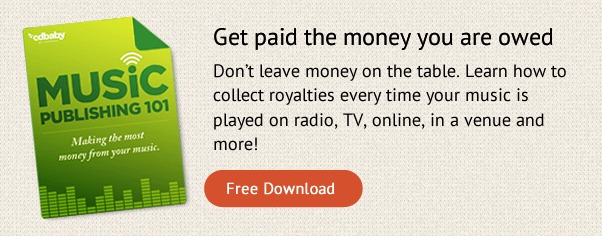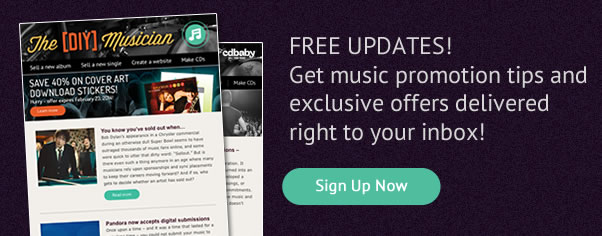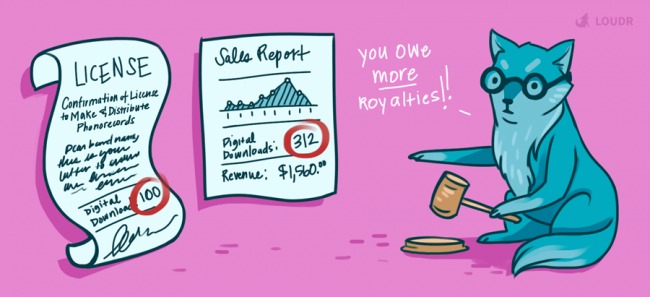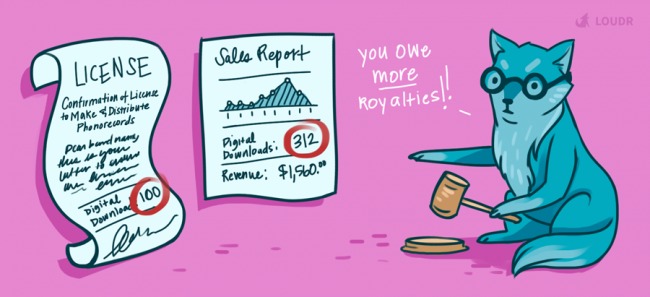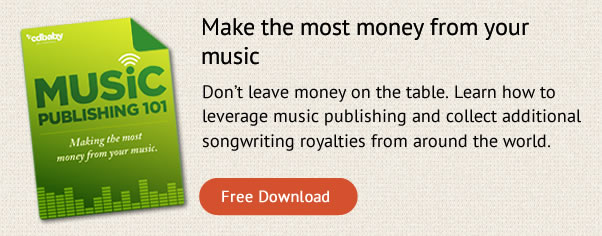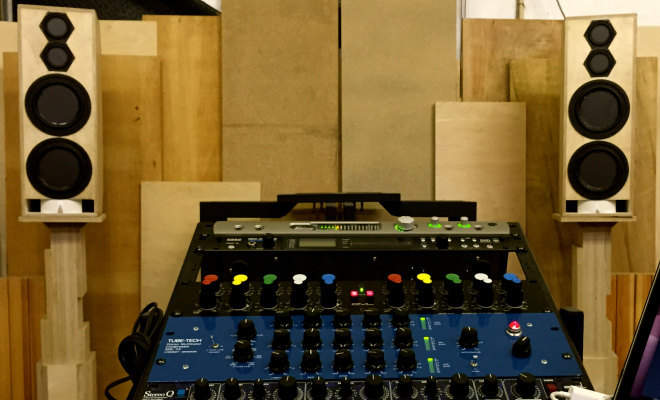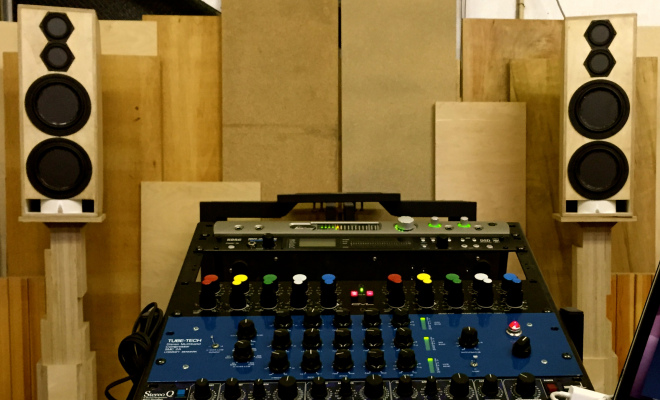When I started out, my studio was totally barebones, just a small desk shoved in the corner of a skinny, vinyl floored room…
Monitors? I didn’t have monitors; I had headphones.
And yet, I expected my bedroom recording to stand up to the big guys. I wanted the drums to explode!
This was a tall order because where you mix – and what tools you have to mix – really impacts how your track sounds to other people.
And that’s where mastering comes in, making sure your audience hears the track the way you intended – no matter where it was created.
Here’s how.
THE FINAL MIX
If you’re happy with your final mix, your ears aren’t broken, it probably is that good. But unfortunately, you can’t invite everyone to your house to hear it how you hear it.
The mix is going to be colored by the room, monitors and headphones that you used in creating it.
It’s easy to test this, just take your freshly mixed track to your friend’s house, or better yet, try to play it in a club with booming speakers. But be forewarned, this can be a little deflating.
YOUR AUDIENCE
Second thing to consider is who are you making your music for? And where are they listening to it – car, phone, club, headphones, home stereo?
Mastering makes small necessary corrections and adjustments to your whole track, so that listeners will have no idea where it was recorded and mixed. They’ll just hear you.
To highlight what’s going on behind the scenes of mastering, we used a track as a lab-rat.
COMPRESSION
Compression is the social lubricant that gets all the tracks interacting. Kinda like booze. Too little and everyone just sits around awkwardly and stares at the floor. Too much and things get odd. Find the sweet spot and you’ve got a killer party.
It does this by subtly taming peak volumes, making all the parts fit together – better.
A well mastered track is that party that no one can stop talking about.
No Compression
Compression
Equalization – The multi-tool of Mastering
Equalization, or EQ, does exactly what the name implies – it makes things equal – cutting frequency ranges that have too much and boosting areas that don’t have enough.
It can provide a ‘surgical’ correction; meaning it cuts into frequencies that are too harsh – like that obnoxious shaker part at 4kHz – removing the annoying factor, while keeping the part intact. It can also brighten, or refresh, a mix that’s just too muddy.
A well EQ’d master should translate well across a variety of playback systems – ensuring the overall sound is exactly what the artist intended.
So common problem terms – boomy, boxy, nasal, harsh, thin, dull, or dark – can be fixed by either boosting or cutting the appropriate frequency range.
Bad EQ
Good EQ:
STEREO ENHANCEMENT
These tools are the neat freaks of mastering. They don’t like clutter, particularly in the upper frequencies, and are best suited to a particularly narrow mix, by providing a more open and spacious sound.
Narrow:
Wide:
Once you’ve mastered, you should be able to take your track anywhere, and it will sound as good in your friend’s beat up Pinto as it does in your home studio. LANDR a track now and listen for how it’s treating your track.
These are the basic functions of mastering. Of course there is plenty more intricacy — like aural exciters and multi-band compression, but this is a good overview to get you started.
Master your track with Landr: get professional sound in just two clicks!
—-
Author: Steve Reble is a drummer, writer, and bridge between the corporate and creative.
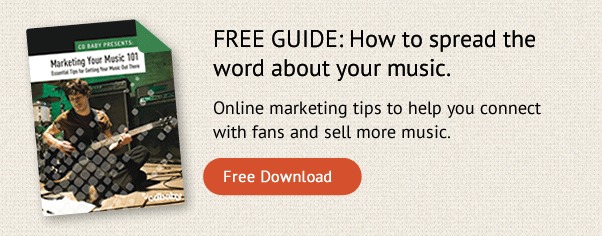
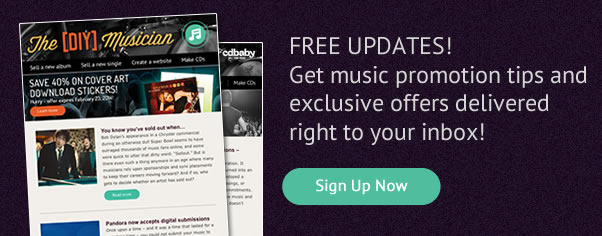
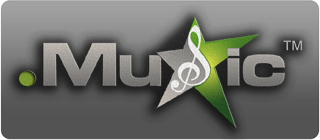 Save .music for the indie artist!
Save .music for the indie artist!